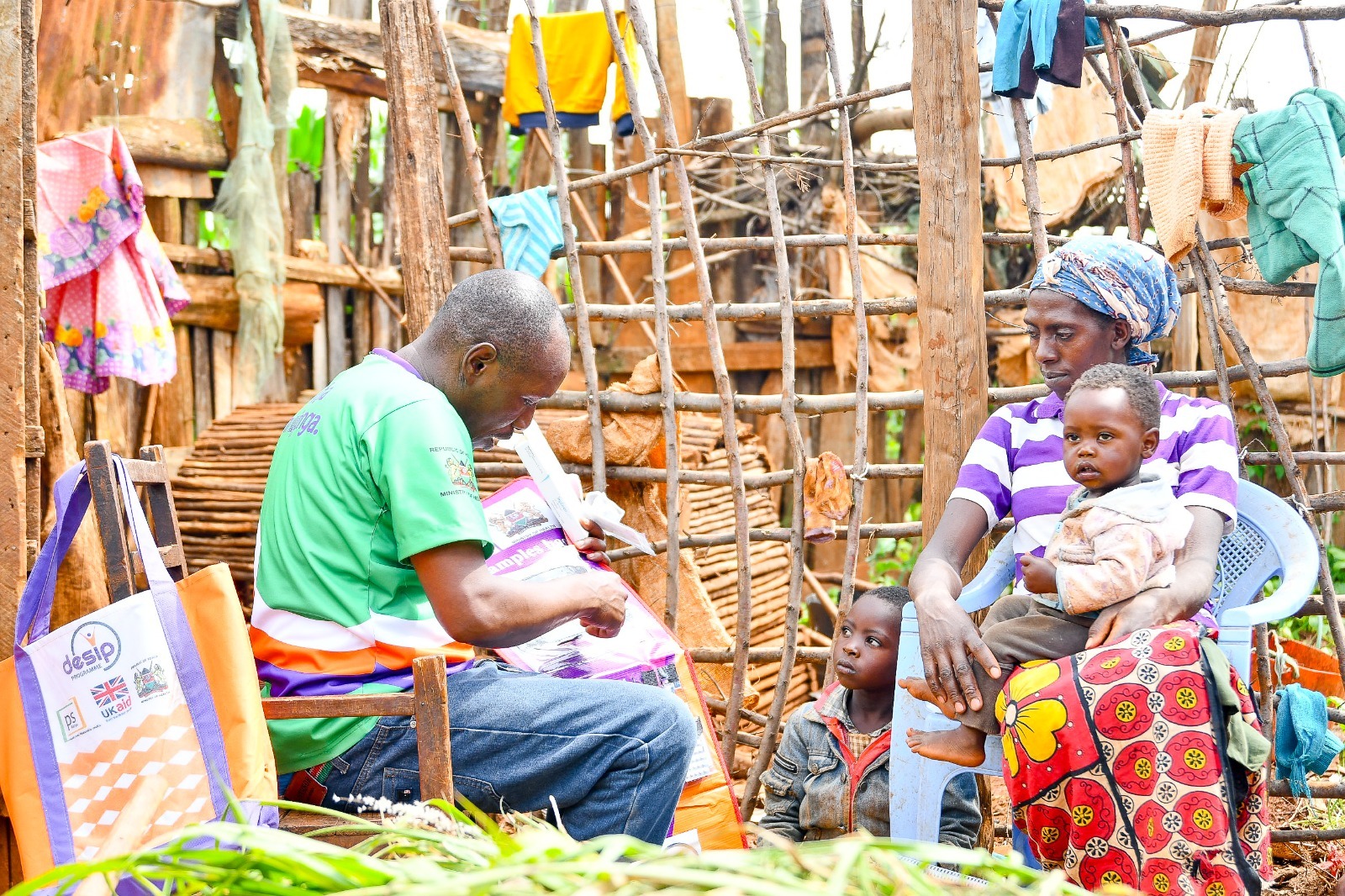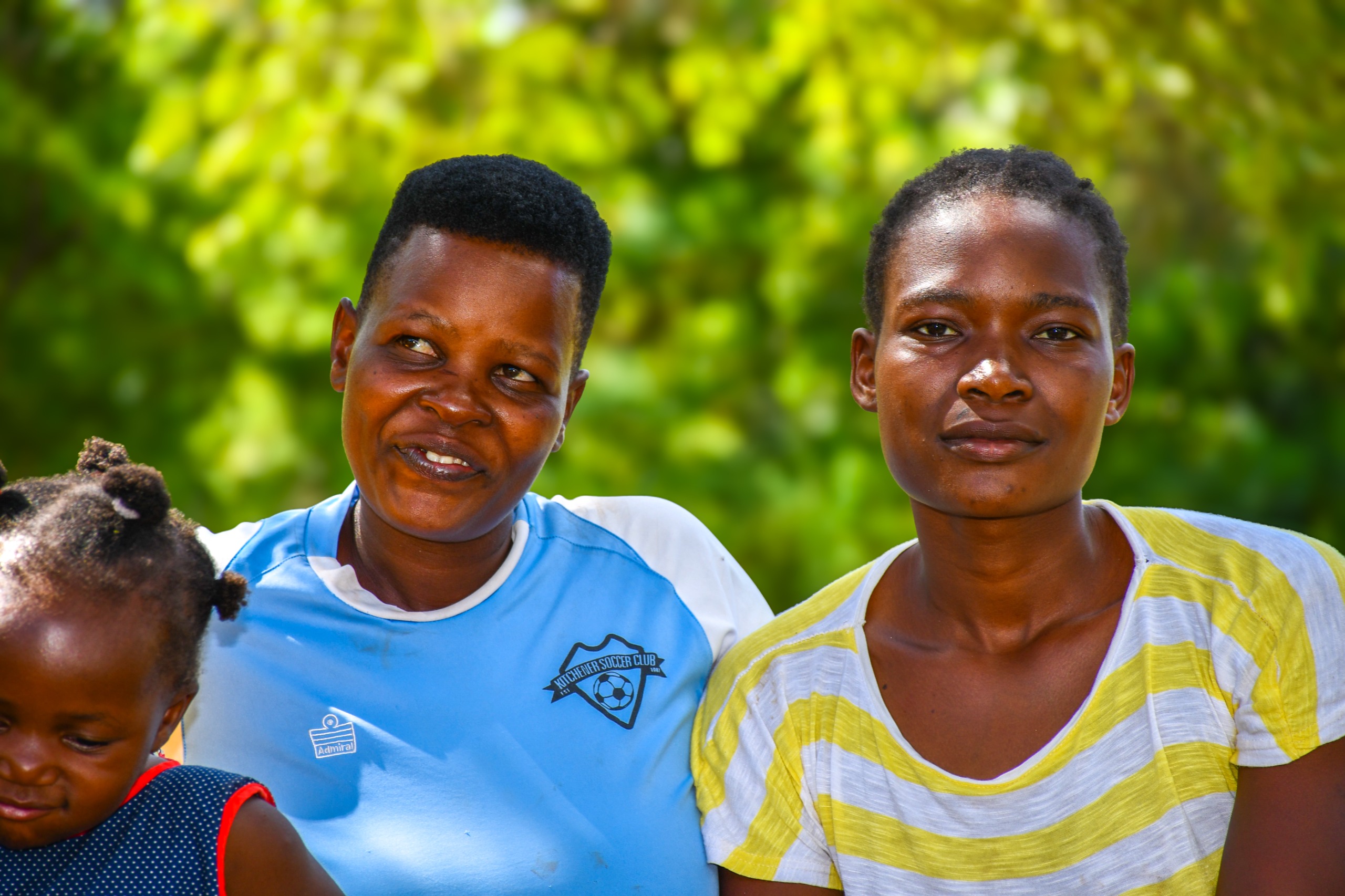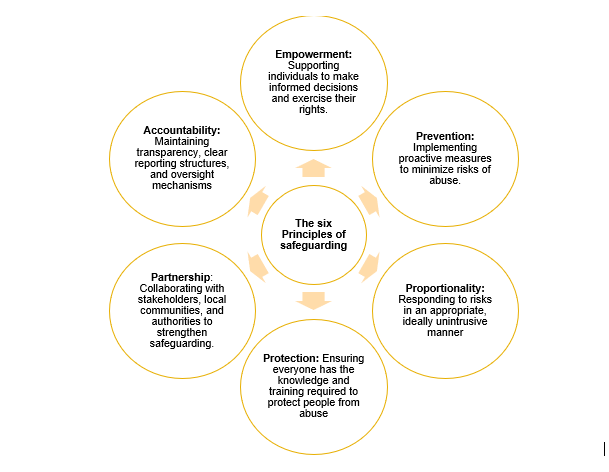In the little town of Mariakani in Kilifi County, amidst the rich blend of Swahili and Arab cultures lies the well-known narrative of teenage motherhood. In this setting, young mothers navigate the challenges of parenthood against a backdrop of societal expectations and economic hardship. Their stories, often overlooked in the splendor of the coastal landscape, shed light on the complexities of adolescence, motherhood, and the quest for empowerment in a region where tradition and modernity intersect. This is the story of Neema Thuva, a binti shupavu success story.
Neema is a young woman whose journey defies stereotypes and challenges societal norm. At just sixteen, Neema found herself thrust into the role of teenage motherhood, but rather than succumbing to the pressure and societal shame, she grasped onto the lifeline offered by PS Kenya’s Binti Shupavu project, thereby embarking on a journey of empowerment and self-discovery.
Her introduction to the Binti Shupavu project came four months after giving birth, courtesy of community health promoters who recognized the need for support to adolescent girls like her who can act as trusted intermediaries and advocates within their communities. The Binti Shupavu project, tailored for girls aged 13-19, is a comprehensive approach to addressing adolescents sexual and reproductive health issues that considers the individual and societal factors that impact health outcomes. It involves taking a subset of girls through eight sessions focused on strengthening their life, business and vocational skills. According to the Kenya Demographic Health Survey 2022 (KDHS2022), 13% of girls aged 15-19 have ever been pregnant in Kilifi County as compared to 15% in the whole country.
In a community where traditional gender roles often dictate career paths, steering girls towards tailoring, hairdressing, or soap making, Neema defiantly opted for plumbing, a profession typically associated with men, embodying the sentiment that “what a man can do, a woman can do better.” The Binti Shupavu project linked her to a Technical Vocational Education and Training (TVET) Institution where she enrolled for a one-year plumbing course.
Despite the prevailing doubts and ridicule from some members of her community, especially given her status as a teen mother, Neema remained steadfast in her determination to pursue her chosen path. Her unwavering resolve and willingness to defy societal expectations highlighted her belief in her own capabilities. With her child secured on her back, she refused to let the opinions of others hinder her aspirations and pressed forward with resilience.
However, the path was not without its hurdles. Financial constraints threatened to derail Neema’s dreams as she did not have the money required to sit for her final exams. Yet, in the face of adversity, she found an ally in her county MCA (Member of County Assembly), who extended a helping hand in the form of a scholarship. With this lifeline, Neema forged ahead, fueled by a singular resolve to carve out a better future for herself and her child.
Having successfully completed her course work, Neema is now an attache at the Kilifi County Water and Sewerage Company where she gets to practice the skills she was taught both through Binti Shupavu and the TVET. Her story is a reminder that in every challenge lies the opportunity for growth. As a skilled plumber, she not only defies stereotypes but shatters them, proving that motherhood is not a barrier to success but a catalyst for adaptability.
The Binti Shupavu project has made significant strides in enhancing adolescent sexual and reproductive health in Kenya, particularly in the counties of Migori, Kilifi, Homabay, and Narok. The project has successfully reached nearly 100,000 new users of contraception in these regions. The success of the project demonstrates the impact of targeted, comprehensive interventions in improving sexual and reproductive health outcomes for adolescents. By addressing both educational and practical barriers, the project helps young people make informed choices about their reproductive health, ultimately contributing to healthier communities.



